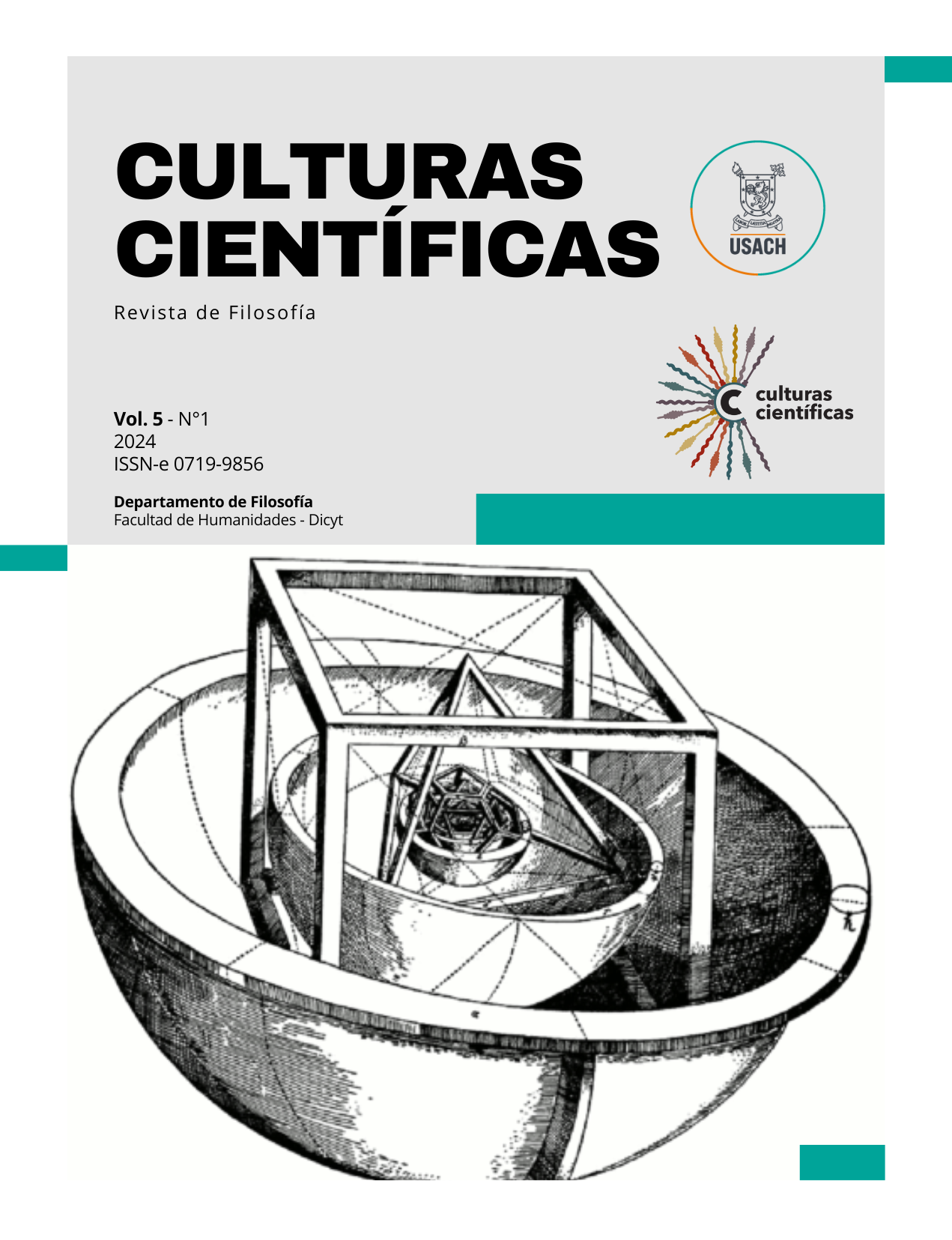Explanation and inferentialism
An anti-realist solution to the paradox of explanation
DOI:
https://doi.org/10.35588/cc.v5i1.6588Keywords:
Explanation's Paradox, inferentialism, explanation, economic models, paradoxAbstract
In this paper, I propose a possible anti-realist solution to the paradox of explanation. This proposal is in line with the instrumentalist position of Reiss (2012b, 2013) but goes further: a normative inferentialist position of explanation is proposed.
First, I will show some fundamental aspects of inferentialism in the context of explanation, and then, I will show how an inferentialist position regarding paradox of explanation reduces to accepting the following three propositions: 1. models are true in the sense of true explanations, 2. models explain, and 3. only true explanations explain. This expresses a solution to the paradox insofar as it is perfectly possible to accept each of the three propositions.
Downloads
References
Brandom, R. (1994). Making it explicit: Reasoning, representing, and discursive commitment. Harvard University Press.
Friedman, M. (1953). Essays in positive economics. University of Chicago press.
Godfrey-Smith, P. (2009). Theory and reality: An introduction to the philosophy of science. University of Chicago Press.
Grüne-Yanoff, T. (2013). "Genuineness resolved: a reply to Reiss' purported paradox." Journal of Economic Methodology 20.3 : 255-261.
Hausman, D. M. (1992). Essays on philosophy and economic methodology. Cambridge University Press.
Hausman, D M. (2013). "Paradox postponed." Journal of Economic Methodology 20.3: 250-254.
Kuorikoski, J., Lehtinen, A., & Marchionni, C. (2010). Economic modelling as robustness analysis. The British Journal for the Philosophy of Science.
MÄki, U. (2013). "On a paradox of truth, or how not to obscure the issue of whether explanatory models can be true." Journal of Economic Methodology 20.3: 268-279.
Steinberger, F. & Murzi, J. (2017). Inferentialism. In Blackwell Companion to Philosophy of Language. Wiley Blackwell. pp. 197-224.
Putnam, H. (1982). “Why There Isn't a Ready-made World." Synthese, pp. 141-167.
Reiss, J. (2012a) "The explanation paradox." Journal of Economic Methodology 19.1: 43-62.
Reiss, J. (2012b). "Idealization and the aims of economics: three cheers for instrumentalism." Economics & Philosophy 28.3: 363-383.
Reiss, J. (2012c). "Causation in the sciences: An inferentialist account." Studies in History and Philosophy of Science Part C: Studies in History and Philosophy of Biological and Biomedical Sciences 43.4: 769-777.
Reiss, J. (2013). "The explanation paradox redux." Journal of Economic Methodology 20.3 : 280-292.
Reiss, J. (2019). "Causal Explanation Is All There Is to Causation." Teorema: Revista Internacional de Filosofía 38.3: 25-52.
Rol, M. (2013). "Reply to Julian Reiss." Journal of Economic Methodology 20.3: 244-249.
Salmon, W. C. (1984). Scientific explanation and the causal structure of the world. Princeton University Press.
Sellars, W. (1956). "Empiricism and the Philosophy of Mind." Minnesota studies in the philosophy of science 1.19: 253-329.
Sugden, R. (2000). Credible worlds: the status of theoretical models in economics. Journal of economic methodology, 7(1), 1-31.
Sugden, R. (2013). "How fictional accounts can explain." Journal of Economic Methodology 20.3 : 237-243.
Van Riel, R. (2017). What is the Problem of Explanation and Modeling?’, Acta Analytica, 263-275.
Downloads
Submitted
2024-01-15Published
Versions
- 2024-12-27 (2)
- 2024-12-23 (1)
Issue
Section
License
Copyright (c) 2024 Felipe Núñez Michea

This work is licensed under a Creative Commons Attribution 4.0 International License.











